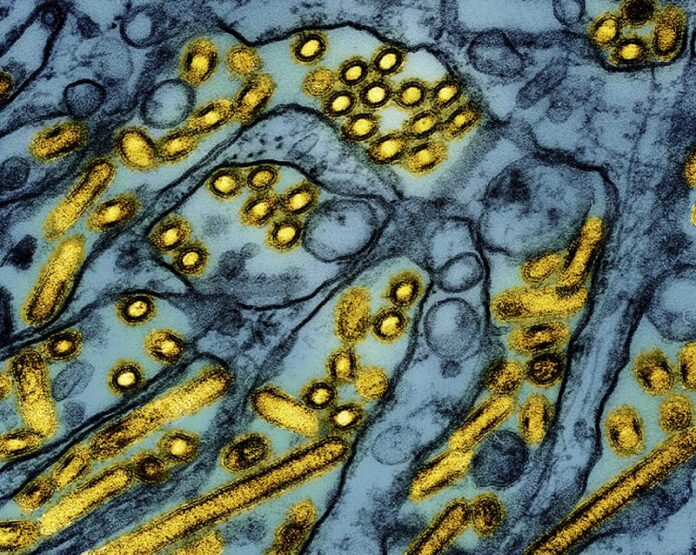
BATON ROUGE, La. (WVLA) — A person in Louisiana has the first severe illness caused by bird flu in the U.S., health officials said Wednesday.
The Louisiana Department of Health first reported the case of bird flu, H5N1, on Friday, saying a resident from the southwestern portion of the state had been hospitalized after exposure to sick and dead birds suspected of having the virus.
The Centers for Disease Control and Prevention confirmed Wednesday that this is the first severe illness among humans.
Previous illnesses in the U.S. had been mild and the vast majority had been among farmworkers exposed to sick poultry or dairy cows.
“While the current public health risk for the general public is low, people who work with birds, poultry or cows, or have recreational exposure to them, are at higher risk,” Louisiana health officials said.
H5N1 is a virus that causes severe respiratory illness in birds. Outbreaks in wild birds and poultry have been reported since 2022 in the U.S. This year, more than 60 bird flu infections have been reported, more than half of them in California. In two — an adult in Missouri and a child in California — health officials have not determined how they caught it.
No human-to-human transmission has occurred in the U.S.
“The best way to protect yourself and your family from H5N1 is to avoid sources of exposure. That means avoiding direct contact with wild birds and other animals infected with or suspected to be infected with bird flu viruses,” LDH said.
To reduce your risk of becoming ill, health officials recommend staying away from sick or dead birds or animals, and avoiding raw or unpasteurized dairy products from infected animals. All poultry, eggs, and animal products should be cooked thoroughly.
If you develop respiratory issues or eye irritation within 10 days of being around potentially ill birds or animals, you should inform your doctor.
Health officials said dead or sick birds or animals can be reported to the USDA toll-free at 1-866-536-7593.
The Associated Press contributed to this report.



